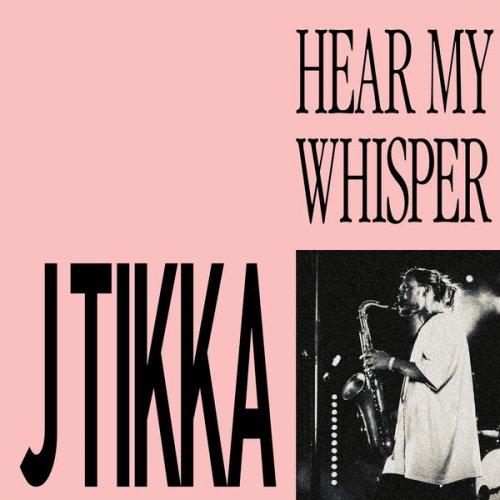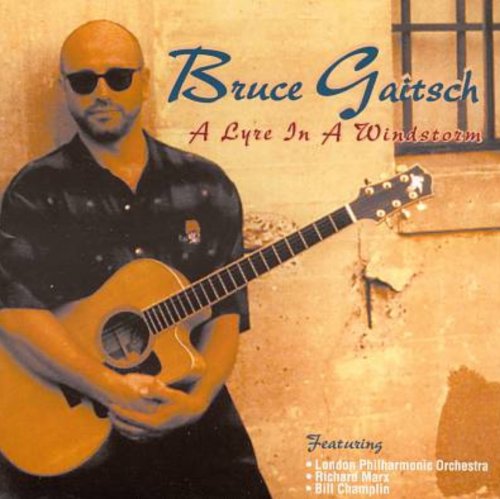Jascha Heifetz - The Magic of Jascha Heifetz (2016) [Hi-Res]
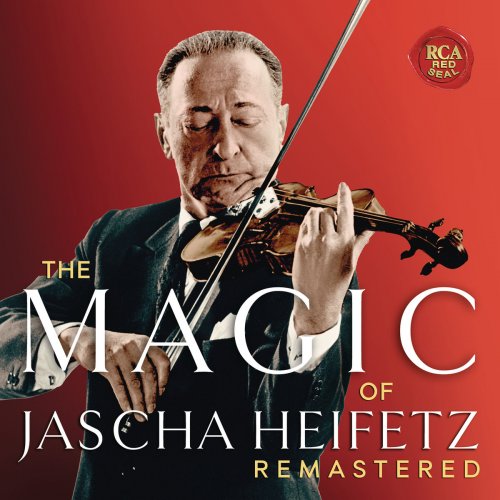
Artist: Jascha Heifetz
Title: The Magic of Jascha Heifetz
Year Of Release: 2016
Label: RCA Records Label
Genre: Classical
Quality: mp3 320 kbps / flac 24bits - 44.1kHz +Booklet
Total Time: 03:19:16
Total Size: 460 / 2031 mb
WebSite: Album Preview
TracklistTitle: The Magic of Jascha Heifetz
Year Of Release: 2016
Label: RCA Records Label
Genre: Classical
Quality: mp3 320 kbps / flac 24bits - 44.1kHz +Booklet
Total Time: 03:19:16
Total Size: 460 / 2031 mb
WebSite: Album Preview
---------
CD1
01. Violin Concerto No. 5 in A Minor, Op. 37: I. Allegro non troppo (Redbook Stereo)
02. Violin Concerto No. 5 in A Minor, Op. 37: II. Adagio (Redbook Stereo)
03. Violin Concerto No. 5 in A Minor, Op. 37: III. Allegro con fuoco (Redbook Stereo)
04. Violin Concerto in A Minor, Op. 82: I. Moderato
05. Violin Concerto in A Minor, Op. 82: II. Andante sostenuto
06. Violin Concerto in A Minor, Op. 82: III. Più animato
07. Violin Concerto in A Minor, Op. 82: IV. Allegro
08. Violin Concerto No. 2 in G Minor, Op. 63: I. Allegro moderato
09. Violin Concerto No. 2 in G Minor, Op. 63: II. Andante assai
10. Violin Concerto No. 2 in G Minor, Op. 63: III. Allegro ben marcato
CD2
01. String Octet in E-Flat Major, Op. 20: I. Allegro moderato con fuoco (Remastered)
02. String Octet in E-Flat Major, Op. 20: II. Andante (Remastered)
03. String Octet in E-Flat Major, Op. 20: III. Scherzo-Allegro leggierissimo (Remastered)
04. String Octet in E-Flat Major, Op. 20: IV. Presto (Remastered)
05. Piano Trio No. 1 in D Minor, Op. 32: I. Allegro moderato (Remastered)
06. Piano Trio No. 1 in D Minor, Op. 32: II. Scherzo-Allegro molto (Remastered)
07. Piano Trio No. 1 in D Minor, Op. 32: III. Elegia-Adagio (Remastered)
08. Piano Trio No. 1 in D Minor, Op. 32: IV. Finale-Allegro non troppo (Remastered)
09. Trio in C Major: Trio in C Major: I. Allegretto vivo (Remastered)
10. Trio in C Major: Trio in C Major: II. Scherzo-Vivo (Remastered)
11. Trio in C Major: Trio in C Major: III. Andante (Remastered)
12. Trio in C Major: Trio in C Major: IV. Rondo-Vivo (Remastered)
13. Divertimento, Op. 37 No. 2: I. Flott und lustig (Remastered)
14. Divertimento, Op. 37 No. 2: II. Adagio (Remastered)
15. Divertimento, Op. 37 No. 2: III. Vivace molto (Remastered)
CD3
01. Violin Sonata No. 1 in D Minor, Op. 75: I. Allegro agitato-Adagio (Remastered)
02. Violin Sonata No. 1 in D Minor, Op. 75: II. Allegretto moderato-Allegro molto (Remastered)
03. Sonata for Violin & Piano in G Minor, Op. 1: I. Allegro (Remastered)
04. Sonata for Violin & Piano in G Minor, Op. 1: II. Andante (Remastered)
05. Sonata for Violin & Piano in G Minor, Op. 1: III. Presto (Remastered)
06. Porgy and Bess: Summertime (Remastered)
07. Porgy and Bess: A Woman Is a Sometime Thing (Remastered)
08. Porgy and Bess: My Man's Gone Now (Remastered)
09. Porgy and Bess: It Ain't Necessarily So (Remastered)
10. Porgy and Bess: Bess, You is My Woman Now (Remastered)
11. Porgy and Bess: Tempo di Blues (Remastered)
12. Belshazzar's Feast, Op. 51: No. 3, Nocturne (Arr. for Violin & Piano) (Remastered)
13. Capriccio-Valse in E Major, Op. 7 (Remastered)
14. 7 Canciones populares Españolas: No. 5, Nana (Arr. for Violin & Piano) (Remastered)
15. 7 Canciones populares Españolas: No. 4, Jota (Arr. for Violin & Piano) (Remastered)
16. Beau soir, L. 6 (Arr. for Violin and Piano) (Remastered)
17. Histoires: No. 2, Le petit âne blanc (Remastered)
Jascha Heifetz was the leading figure among the extraordinary group of Russian Jews who dominated violin playing in the second and third quarters of the 20th century. As a technician he had no superior, and, of all the artists of his time and later, only two or three could even offer a challenge to his electrifying precision of execution. His diamond-point tone and quick vibrato afforded his playing a clarity of line that some felt was almost too perfect, even cold. Most conductors and other violinists -- and audiences -- felt differently and a Heifetz concert inevitably drew sell-out crowds.
Heifetz was born in Vilna, where his father Ruvim was a violinist in the city theater. When he was three, his father bought for him a quarter-size instrument and gave him beginning instruction. By the age of five, Heifetz had advanced enough to enter the Vilna Conservatory, where he began instruction under Elias Malkin. Only a year later, Heifetz made his first public appearance performing the Mendelssohn Violin Concerto. The six-year-old was so successful that offers for other appearances came from numerous other venues in Russia and he was hailed as a real prodigy.
When Leopold Auer, then a famous professor at the St. Petersburg Conservatory, came to Vilna in 1909, he was persuaded by Malkin to listen to Heifetz. After hearing him in Mendelssohn and Paganini, Auer embraced him and predicted for him a splendid future, urging him to come to St. Petersburg and become his pupil.
Ruvim Heifetz resigned his position, sold the family belongings, and took his son to St. Petersburg, but Auer initially failed to recognize the boy and refused him admittance to his home. By the time Auer realized his error, the Conservatory entrance deadline had passed and Jascha had to enroll in the class of an assistant. Six months later, however, Heifetz was able enter Auer's class, and thereafter his progress was astounding.
During an appearance at the International Exposition in Odessa, the reception accorded Heifetz was so explosive that a police escort was needed afterward. Concerts throughout Europe followed immediately and, at an appearance with the Berlin Philharmonic in 1914, conductor Artur Nikisch declared that he had never heard violin playing such as his.
Heifetz's American debut took place at Carnegie Hall in 1917, eliciting such observations as "only the molten gold of Fritz Kreisler can be conjured up in comparison" (Herbert F. Peyser) and "He is a modern miracle" (Pitts Sanborn). The ensuing year brought triumph after triumph, with critics vying with each other to offer the most extravagant superlatives. A period of transition a few years later brought some critical reservations as Heifetz sought to move away from the overt emotionalism of his Russian training and become a more objective player. By the mid-1920s, however, a balance had been struck and once again accolades flew as critics and audiences noted a new, more mature approach to his music.
Heifetz became an American citizen, settled in California, and enjoyed the benefit of a long-term recording contract with RCA, amassing a sizable discography over the years. Throughout his career, Heifetz favored gut strings, perhaps to temper the fine-edged aggressiveness of his attack and the enormous strength of his bowing arm. Early recordings of concertos, made mostly overseas, were gradually redone -- though not supplanted -- with American orchestras and in improved sound. Nonetheless, many of the earlier releases, despite their having been done in short takes required by 78-rpm discs, still compel attention for their unsurpassed mastery.
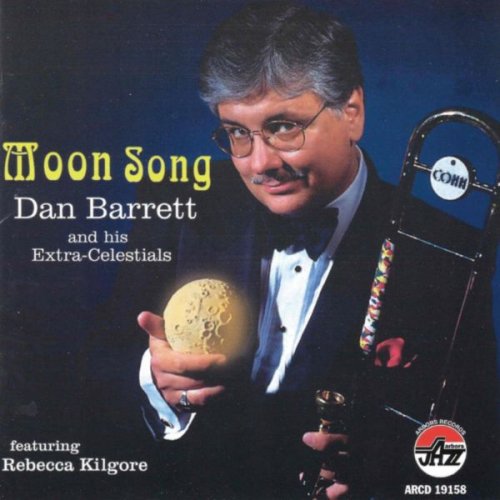
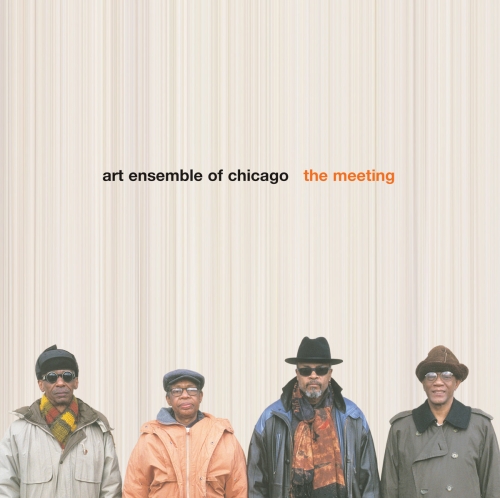
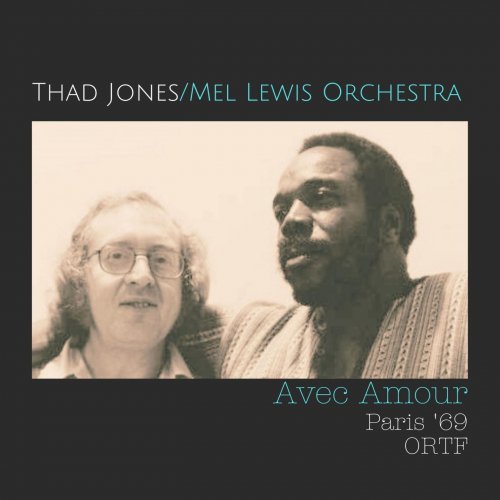
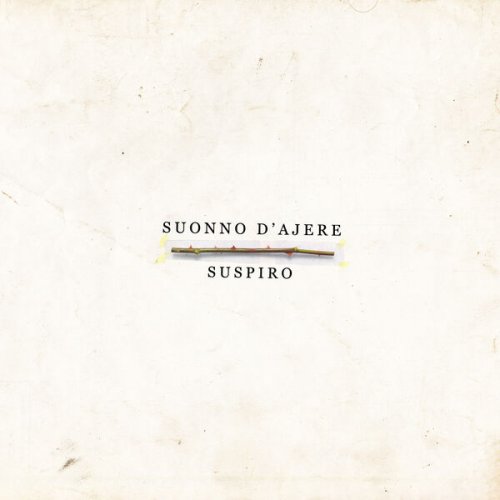
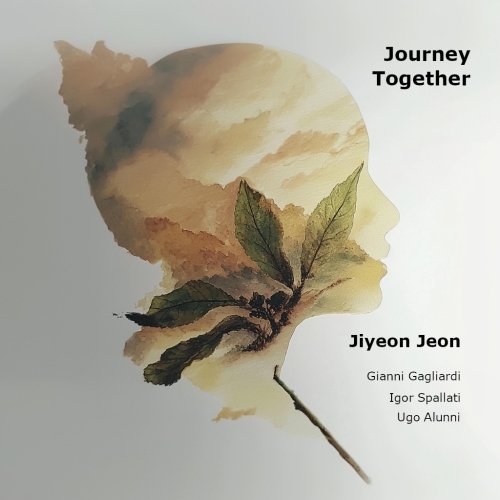
![Rafael Riqueni - Nerja (2025) [Hi-Res] Rafael Riqueni - Nerja (2025) [Hi-Res]](https://www.dibpic.com/uploads/posts/2026-01/1768128135_qy2pif80oj6rgensavcl1j1kb.jpg)
![Luke Marantz, Simon Jermyn - Echoes (2026) [Hi-Res] Luke Marantz, Simon Jermyn - Echoes (2026) [Hi-Res]](https://www.dibpic.com/uploads/posts/2026-01/1767967002_a1295048848_16.jpg)
